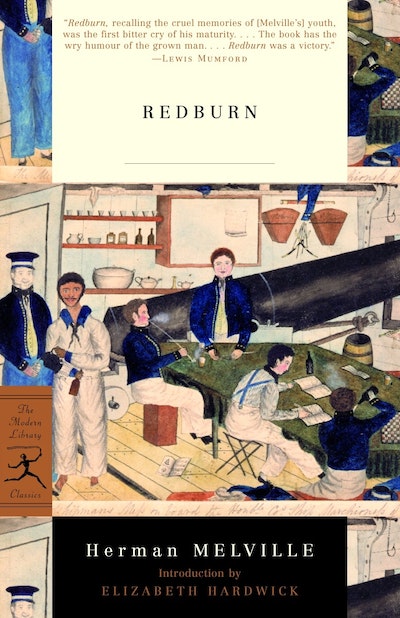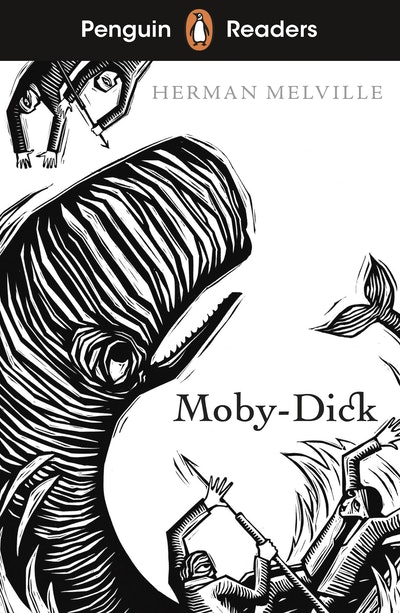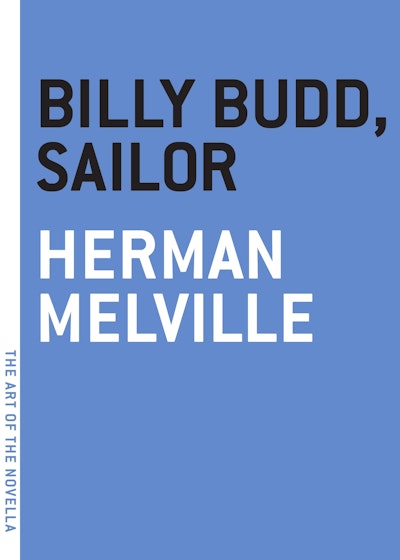Drawn from Melville’s own adolescent experience aboard a merchant ship, Redburn charts the coming-of-age of Wellingborough Redburn, a young innocent who embarks on a crossing to Liverpool together with a roguish crew. Once in Liverpool, Redburn encounters the squalid conditions of the city and meets Harry Bolton, a bereft and damaged soul, who takes him on a tour of London that includes a scene of rococo decadence unlike anything else in Melville’s fiction. In her Introduction, Elizabeth Hardwick writes, “Redburn is rich in masterful portraits—a gallery of wild colors, pretensions and falsehoods, fleeting associations of unexpected tenderness. . . . Redburn is not a document; it is a work of art by the unexpected genius of a sailor, Herman Melville.”
This Modern Library Paperback Classic is set from the text of the first American edition of 1849.











